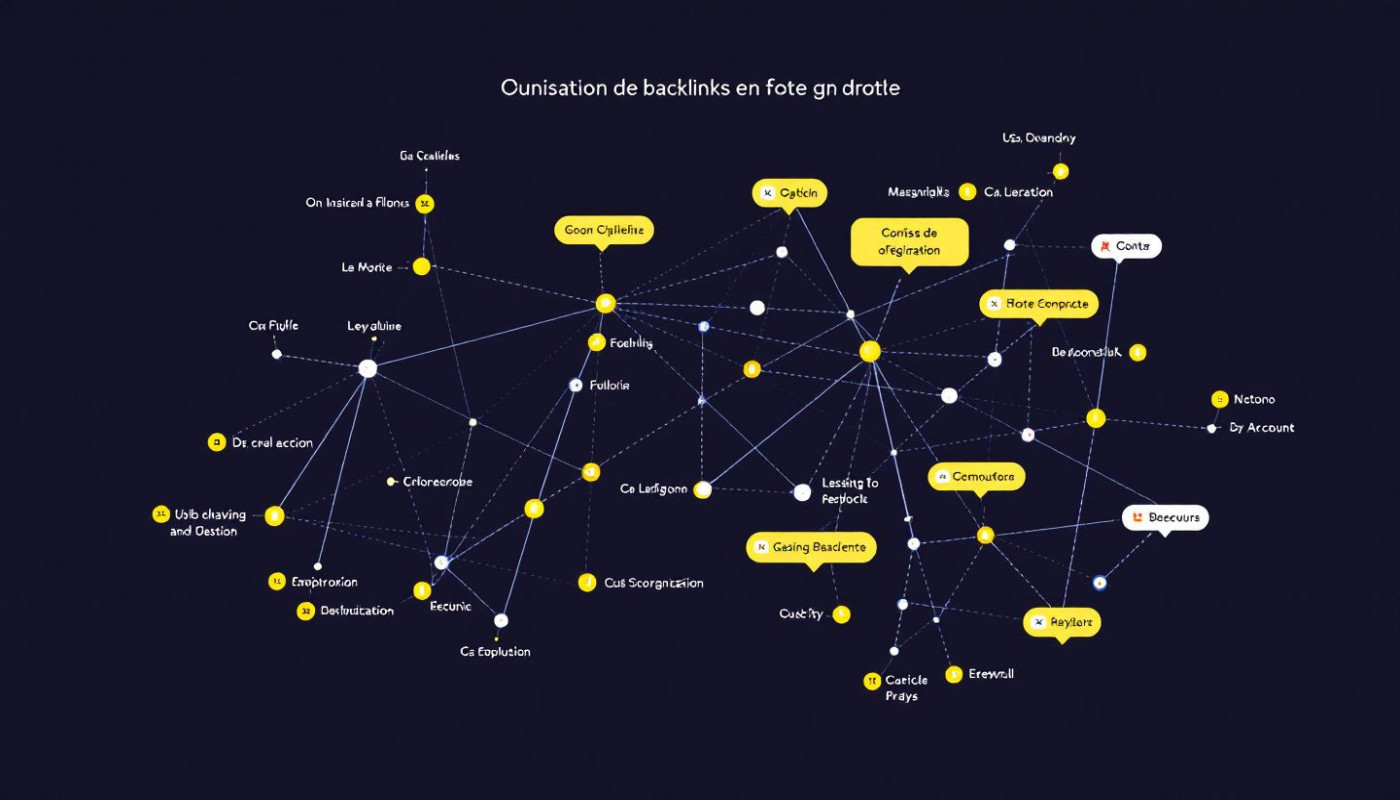Table of contents
In the bustling world of global e-commerce, establishing a brand that resonates across cultural and linguistic boundaries is no small feat. The intricacies of language and local nuances mean that adapting a brand voice for international markets extends far beyond mere translation. It's about crafting a message that maintains the core identity of the brand while appealing to the diverse sensibilities of global consumers. This challenge often goes underestimated, yet it holds the key to unlocking vast new territories and consumer bases. An effective translation strategy can elevate a brand from being just another option to becoming a household name abroad. As we delve into the pivotal role of translators in this process, we will uncover why their expertise is not just beneficial but indispensable for e-commerce success. Each paragraph that follows invites you to step into the complex yet rewarding world of brand voice adaptation, where linguistic finesse meets cultural intelligence. Get ready to explore how translators become the architects of a brand's international voice.
The Significance of Cultural Nuance in Translation
When brands venture into international markets, the subtleties of cultural nuance become pivotal in the translation of their messaging. Translators play a far more significant role than simply converting text from one language to another; they act as cultural ambassadors, ensuring that the brand's voice is not only heard but also contextually resonant with the target audience. It is a process that involves delicate interpretation and, more often than not, a deep understanding of local customs, values, and humor. This understanding allows for a brand's message to be authentically adapted, maintaining its essence while becoming relevant and engaging to new demographics.
Incorporating cultural adaptation into a brand's messaging strategy is not merely about steering clear of cultural faux pas; it's also about harnessing local idioms, references, and humor, where appropriate, to strike a chord with the audience. A successful localization strategy does not stop at literal translation but rather embraces the concept of "transcreation"—a term the Chief Marketing Officer (CMO) should familiarize themselves with. Transcreation underscores the creative aspect of translation in marketing, where content is not just translated but recreated to fit the cultural landscape of the target market, ensuring international brand voice consistency and contextual relevance.
Overcoming Language Barriers in E-Commerce
When expanding an e-commerce business internationally, one of the most significant hurdles to cross is the language barrier. These barriers can greatly influence user experience, often determining whether a potential customer completes a purchase or abandons their cart. To ensure clarity and precision, translations of product descriptions, checkout processes, and customer service communication must be void of ambiguity. Beyond basic translation, the role of industry terminology cannot be understated; it serves to uphold professionalism and consumer trust.
Translators tasked with e-commerce translation need to possess not only linguistic skills but also in-depth knowledge of the industry they are translating for. This is where the concept of linguistic localization comes into play. It’s not just about converting text from one language to another; it’s about adapting all content to resonate with the target market’s culture, values, and language nuances. Localization solutions for e-commerce platforms are pivotal in this process, ensuring that all aspects of the online shopping experience feel natural to the international customer.
For professionals looking to navigate the intricate landscape of global e-commerce, partnering with an agency that specializes in this area can be a game-changer. Such agencies offer localization solutions for e-commerce platforms, providing the expertise necessary to maintain the delicate balance between accurate translation and cultural relevance. This balance is imperative for fostering lasting consumer trust and loyalty in international markets.
Leveraging SEO in Multilingual Content
When expanding into international markets, adapting your Search Engine Optimization (SEO) strategy is pivotal to ensuring that your brand remains visible and relevant across different languages and cultures. This is where multilingual SEO becomes a game-changer. Translators play a vital role in this adaptation process, leveraging their linguistic expertise to conduct keyword research and selection tailored to each target market. Unlike single-language SEO, multilingual SEO requires a deep understanding of local semantics, search habits, and cultural nuances to effectively resonate with a global audience.
It is noteworthy that direct translation of keywords often falls short in attracting the desired organic traffic. Instead, keyword localization—a practice that goes beyond mere translation to include cultural and regional language variations—is essential for improving search rankings and driving meaningful engagement. SEO specialists and translators must work hand in hand to decode the intricacies of search engine algorithms, crafting content that aligns with the computational processes determining how content is indexed and ranked globally.
An adept approach includes a thorough analysis of local search trends and competitor strategies, ensuring that every piece of content is optimized for international visibility. By combining the linguistic dexterity of translators with the strategic insights of SEO specialists, businesses can elevate their online presence and connect with consumers in a manner that feels authentic and compelling to each unique market.
Building Brand Loyalty Through Consistent Voice
In the competitive terrain of international e-commerce, maintaining brand consistency serves as a linchpin for nurturing brand loyalty. A brand's voice, embodying its core values and personality, must resonate across diverse cultures without losing its essence. This is where translators play an indispensable role. Their expertise lies not only in language translation but also in their ability to execute cultural adjustments that honor local nuances without detracting from the brand's identity. By achieving this delicate balance, translators help secure market recognition and e-commerce success.
Brand loyalty emerges from the familiarity and trust that a consistent brand voice fosters among consumers. When a Brand Manager focuses on cultivating brand equity, they leverage the inherent value that a reliable and relatable presence commands worldwide. Translators are tasked with a complex mission: to maintain the integrity of the brand's messaging while ensuring it is apt for each unique market. It is this proficiency in tailoring a universal voice to suit specific cultural contexts that fortifies a brand's position and paves the way for enduring success in the global marketplace.
Navigating Regulatory Compliance in Translation
When localizing brand content for international markets, understanding the labyrinth of regulatory compliance is paramount. Translators must navigate a complex web of legal requirements that vary widely from one region to another. Ignoring these regulations can result in significant legal repercussions, including fines and sanctions, and can tarnish a brand's reputation. The role of translators extends beyond mere language conversion; they are guardians of content compliance, ensuring every word adheres to local laws and industry standards. This diligence safeguards the brand against potential legal challenges and maintains the integrity of its global presence.
Legal translation, therefore, becomes a linchpin in upholding a brand's credibility. The company's Legal Counsel must thoroughly address the myriad of intellectual property rights involved in translation to mitigate the risk of infringement. This comprehensive understanding ensures that all content reflects the brand's voice while respecting the legal frameworks of the international markets it serves. The successful expansion of e-commerce across borders relies on a meticulous approach to regulatory compliance, with translators playing an indispensable role in this process.
Similar

How Affordable Backlink Services Impact SEO Results?

Exploring The Benefits Of Free AI-Powered Chat Services

Creating high-performance landing pages for lead generation in tech startups

Exploring The Benefits Of Generative AI In Enhancing Chatbot Conversations

Boosting Business Sales Through Enhanced Online Visibility

How A Free Online Tool Can Enhance Email Verification Processes

Exploring Cost-effective Strategies For New Entrepreneurs In Dynamic Markets

How To Determine The Right CRM System For Your Industry Needs

How Graphic Facilitation Can Transform Your Professional Meetings

Exploring The Role Of Generative AI In Enhancing Cybersecurity Measures Within The Restaurant Industry

